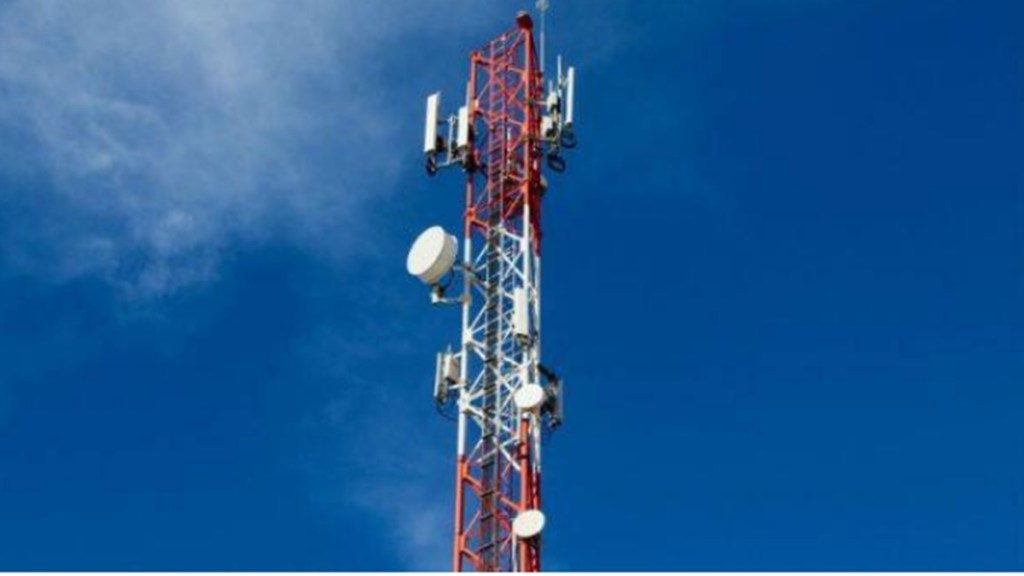The department of telecommunications (DoT) and the Telecom Regulatory Authority of India (Trai) are at loggerheads over the high connection rates charged by telcos and internet service providers (ISPs) from public data offices (PDOs).
PDOs are local outlets deploying public Wi-Fi hotspots under the Prime Minister Wi-Fi Access Network Interface (PM Wani) programme.
Telcos and ISPs are charging up to
`8 lakh a year from PDOs and public data office aggregators (PDOAs) for supplying internet-leased lines for bandwidth and other fibre resources needed to deploy public Wi-Fi hotspots.
DoT believes that the demand of PDOs and associations like Broadband India Forum (BIF) for a reduction in charges by telcos is justified. Trai, however, is not convinced with the idea of intervening in business operations of ISPs and telcos on the grounds of tariff forbearance.
“DoT has written to Trai with regard to issues such as telcos/ISPs charging higher rates for bandwidth. Trai, however, is yet to respond on the matter,” an official said on the condition of anonymity.
The issue needs to be resolved to ensure the commercial viability of the PM Wani, which was launched in 2020 and is yet to take off. The project aims to democratise content distribution and broadband access at affordable rates.
Simply put, telcos provide home broadband for personal use at rates starting at `300 a month, against the up to `8 lakh yearly charge for commercial use. This, even as the public Wi-Fi hotspot project is crucial for internet penetration.
Data sachets under PM Wani are being provided at `5-10 per day, but this is not a viable business for PDOs as costs are high thanks to the higher bandwidth tariff charged by telcos.
PM Wani was originally recommended by Trai in March 2017. So far, only 150,000 public Wi-Fi hotspots have been deployed by 190 PDO aggregators.
Under the Bharat 6G vision document, India is targeting 50 million public Wi-Fi hotspots by 2030.
Broadband India Forum has time and again expressed concern over higher internet leased line charges levied by telcos. “This is not a case that qualifies for forbearance. These are micro businesses and the authorities should treat them under a special category,” said TV Ramachandran, BIF president.
According to Ramachandran, the government must handhold smaller businesses looking to deploy public Wi-Fi hotspots under PM Wani, through the universal services obligation fund. A separate policy can also be introduced to make PM Wani a viable project, he said.
Industry sources say telcos are reluctant to reduce prices because data consumption across the country has increased and the cost of running the network has risen. “Telcos would want to serve their consumers first, why would they consider reducing prices for PDOs to offer public Wi-Fi?” said an executive at a telecom company.
